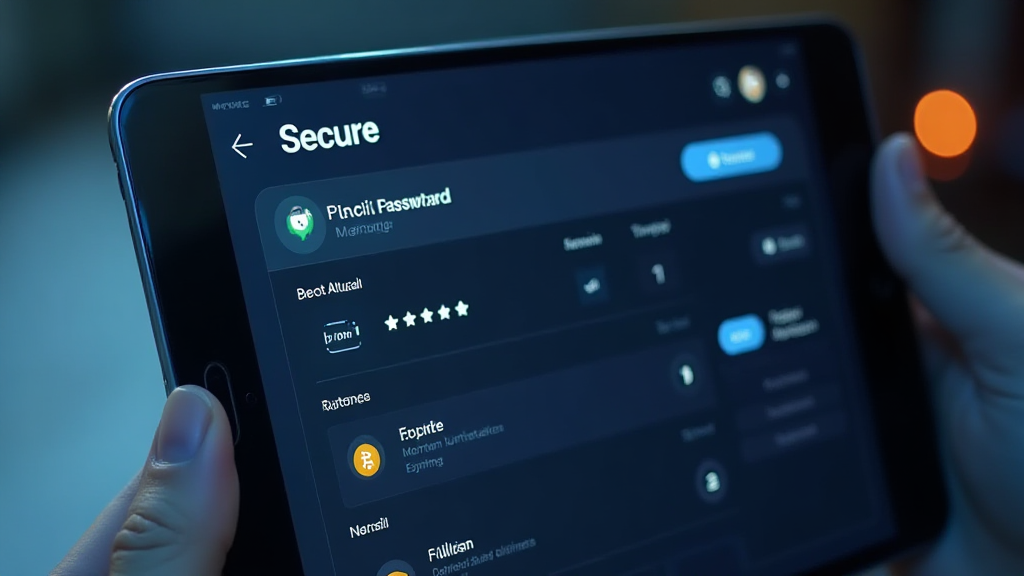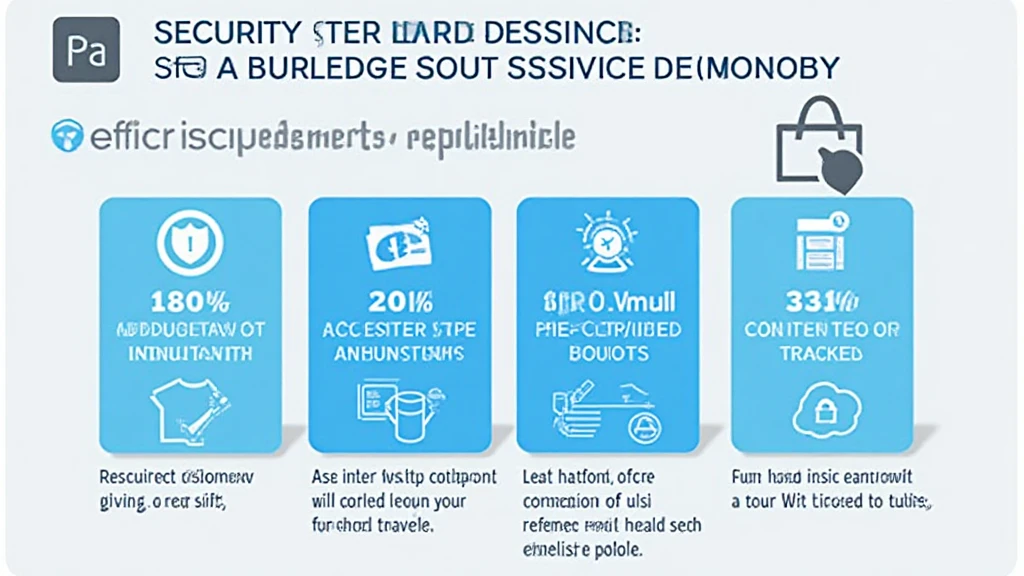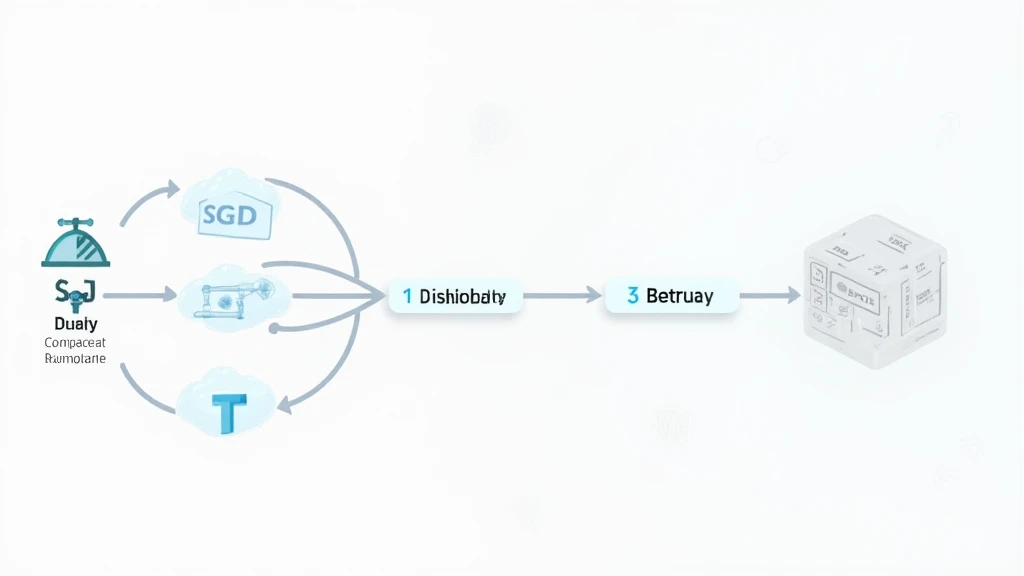Vietnam Crypto DAO Regulations: Understanding the Landscape
With rapid advancements in the crypto space, especially in decentralized autonomous organizations (DAOs), countries around the world are starting to put regulations in place. Vietnam is no exception. In recent years, the Vietnamese government has been exploring ways to regulate the crypto market while ensuring consumer protection and financial integrity. This article aims to provide a comprehensive understanding of the current landscape regarding Vietnam crypto DAO regulations.
Introduction to Crypto and DAOs in Vietnam
The landscape of cryptocurrency is ever-evolving, and in Vietnam, the ascent of DAOs signifies a new era in crypto governance. A DAO, or Decentralized Autonomous Organization, operates through smart contracts on blockchain, allowing for collective decision-making without centralized management. As the popularity of DAOs grows in Vietnam, it’s imperative for stakeholders to understand the applicable regulations.
According to local data, Vietnam has seen a 25% growth in crypto users over the last year, highlighting the need for robust regulations. But where does Vietnam currently stand in terms of legislation for DAOs?

Current Regulatory Framework for Crypto in Vietnam
As of 2023, Vietnam’s regulatory framework for cryptocurrencies is still in a nascent stage. The government has issued several directives regarding the use of cryptocurrencies, predominantly focusing on the prevention of fraud and other illicit activities. Notably, the State Bank of Vietnam (SBV) has made it clear that cryptocurrencies such as Bitcoin are not legal tender.
Moreover, existing laws covering security tokens are still vague, contributing to confusion among businesses. However, in 2022, the Vietnam Ministry of Finance proposed a comprehensive regulatory framework aimed at bringing clarity to digital currencies and their transactions.
Understanding DAO Regulations
The concept of DAOs poses unique challenges from a regulatory perspective. Because DAOs operate differently from traditional organizations, policymakers are finding it challenging to fit them into existing legal categories.
- Legal Personhood: Currently, DAOs in Vietnam do not have recognition as a legal entity. This means they cannot enter into contracts or conduct business operations in a manner similar to that of a traditional company.
- Tax Implications: Since DAOs often manage shared treasury funds, the tax implications for members and contributors remain unclear. The government is expected to issue guidelines defining these aspects.
- Compliance Measures: Vietnamese regulators are likely to impose compliance measures to ensure that DAOs comply with anti-money laundering (AML) and combating the financing of terrorism (CFT) regulations.
To pave the way for a clearer regulatory environment, ongoing dialogues between industry stakeholders and government authorities are crucial.
Cryptocurrency and DAO Compliance in Vietnam
For potential DAO operators in Vietnam, understanding compliance requirements is essential. Engaging in regulatory discussions is a proactive step that ensures the alignment of DAO activities with national interests and legal norms.
Here’s a quick overview of compliance aspects:
- Identity Verification: Engaging users through identity verification processes could help in adhering to Vietnam’s AML policies.
- Transparency: Conducting operations transparently can build trust with regulators and users alike.
- Regular Reporting: DAOs might need to adopt regular reporting standards akin to traditional businesses to align with government expectations.
Potential Future Developments in DAO Regulations
The evolution of technology often outpaces existing legal frameworks, and DAOs are no different. As the crypto ecosystem continues to expand, Vietnamese regulators are likely to revisit existing frameworks and enact new regulations. Here’s a look at possible future developments:
- Legal Recognition of DAOs: The future could bring legal recognition for DAOs, enabling them to register and operate legitimately.
- Enhanced Consumer Protection: Consumer protection laws specific to DAOs may emerge, ensuring users’ investments and participation are safeguarded.
As seen globally, countries are beginning to make strides in regulating DAOs alongside cryptocurrencies, clearing the path for innovation while ensuring safety and security.
Key Takeaways for Stakeholders in Vietnam
For stakeholders within Vietnam’s crypto space, staying informed about regulatory changes is crucial. Here’s a summary of actionable insights:
- Keep abreast of the latest regulations and proposals regarding Vietnam crypto DAO regulations as they develop.
- Participate in community discussions to voice concerns and suggestions regarding regulations.
- Consider consulting with legal experts to navigate the complexities of launching and running a DAO in Vietnam.
Conclusion
As Vietnam continues to embrace the world of cryptocurrency and decentralized organizations, it is essential for all stakeholders to understand the evolving regulatory landscape. Engaging with policymakers, adhering to compliance measures, and being proactive about regulations will be vital for the successful implementation of DAOs within the nation. The future of Vietnam crypto DAO regulations remains promising, paving the way for innovation and sustainable development in the digital asset space.
For more information on cryptocurrency, explore our other resources at mycryptodictionary.





